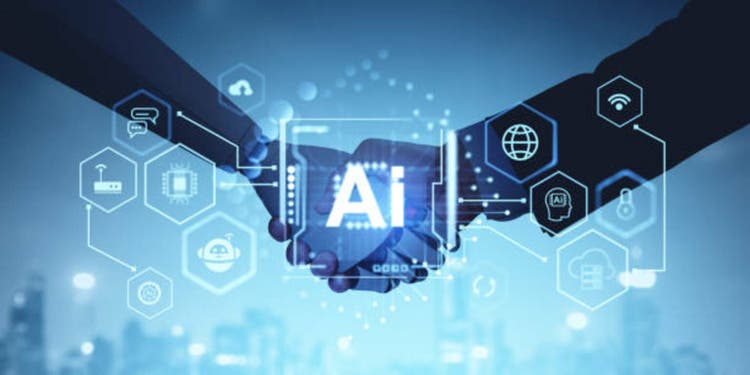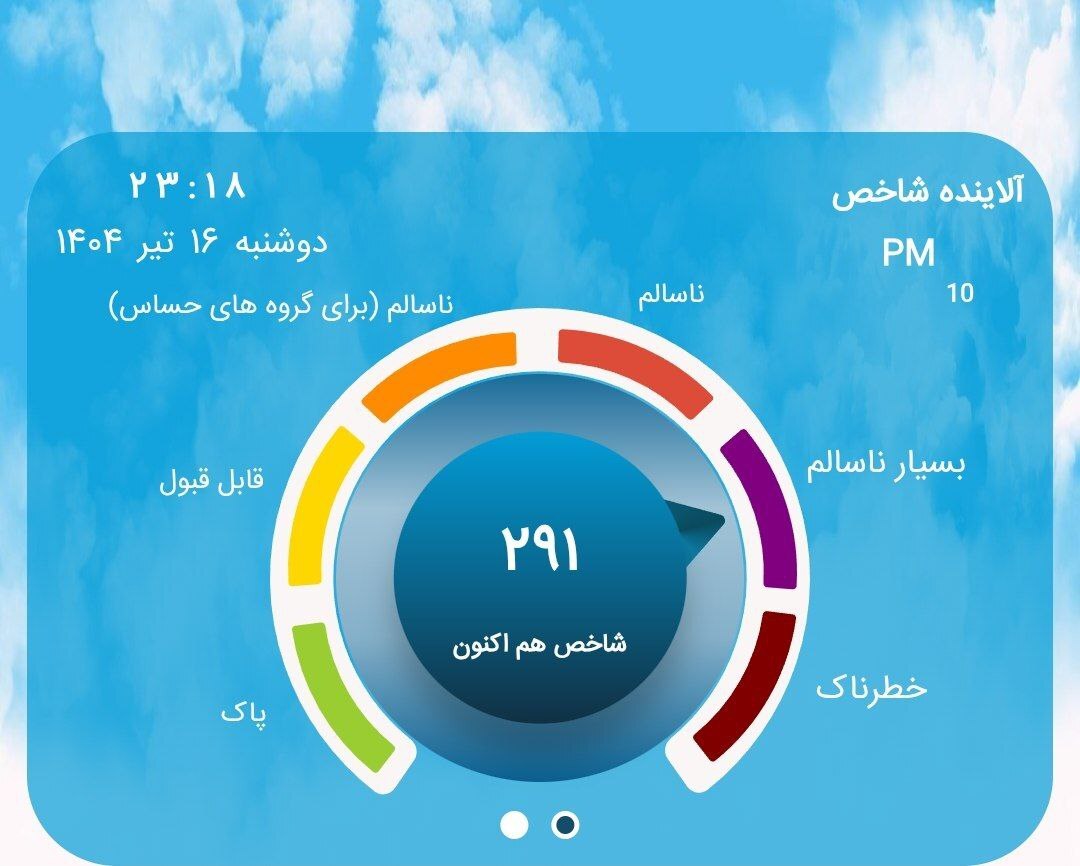- Goldman Sachs just hired Devin, an AI-powered software engineer that’s capable of coding just as well as humans—minus six-figure salaries. The company also has plans to potentially unleash it by the thousands and expand workers’ productivity with AI tools by over four times. While the firm’s tech leader sees a future that’s a “hybrid workforce” between humans and AI, leaders like Ford CEO Jim Farley warn of a decrease in white-collar work.
The newest hire at Goldman Sachs won’t be able to have a coffee chat with co-worker Rishi Sunak, or attend the firm’s after-work happy hour—rather, it’ll be working all day on its coding assignments.
The Wall Street investment bank recently unveiled it had hired Devin: a new AI-powered autonomous software engineer, created by AI startup Cognition. With the tool being capable of conducting end-to-end coding tasks, Goldman hopes it will improve worker productivity by up to three or four times the rate of previous AI tools, according to Goldman’s chief information officer Marco Argenti.
“We’re going to start augmenting our workforce with Devin, which is going to be like our new employee who’s going to start doing stuff on the behalf of our developers,” Argenti recently told CNBC.
Goldman Sachs plans to launch Devin by the hundreds—maybe eventually even by the thousands, Argenti added—joining the nearly 12,000 existing software engineers at the company. He said this move will hopefully help usher in a “hybrid workforce” era where humans and AI coexist.
“It’s really about people and AIs working side by side,” Argenti said. “Engineers are going to be expected to have the ability to really describe problems in a coherent way and turn it into prompts … and then be able to supervise the work of those agents.”
Fortune reached out to Goldman Sachs for comment.
Growing concerns over AI killing white-collar roles and entry-level gigs
Despite the push to launch Devin, Goldman is continuing to hire software engineers, with dozens of open roles around the world. The salary of some New York-based associate roles start out at around $115,000 annually—and can even extend to $180,000.
But business leaders have warned that these early career roles are the ones that AI might make obsolete the soonest. For example, Anthropic CEO Dario Amodei predicted that AI could eliminate half of all entry-level white-collar jobs within five years. Ford CEO Jim Farley went even further, and warned that all white-collar work could disappear in the U.S.—beyond those early in their careers.
“There’s more than one way to the American Dream, but our whole education system is focused on four-year [college] education,” Farley said at the Aspen Ideas Festival last month. “Hiring an entry worker at a tech company has fallen 50% since 2019. Is that really where we want all of our kids to go? Artificial intelligence is gonna replace literally half of all white-collar workers in the U.S.”
For the banking industry in particular, this AI-driven workforce transformation could lead to 200,000 fewer people on Wall Street within the next three to five years, according to Bloomberg. However, Argenti said that those who choose to embrace AI will be best equipped for a successful future—and it’s especially important for young talent facing dwindling entry-level roles.
“The AI shift is happening in years, not decades,” Argenti wrote in a commentary piece for Fortune. “Workers who lack proficiency in leveraging AI tools will fall behind, and those who have learned to harness it to elevate their work will advance,” he added.
This story was originally featured on Fortune.com

 3 hours ago
1
3 hours ago
1






















 English (US) ·
English (US) ·